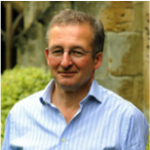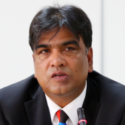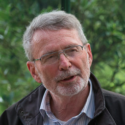Video
Dieter Helm on Natural Capital and Sustainable Growth
Recognizing environmental constraints, and in particular recognizing that many natural assets are close to falling below their thresholds for sustainability does not imply that economic growth must stop or even slow down. Dieter Helm discusses how it is possible to have economic growth while protecting aggregate natural capital.









